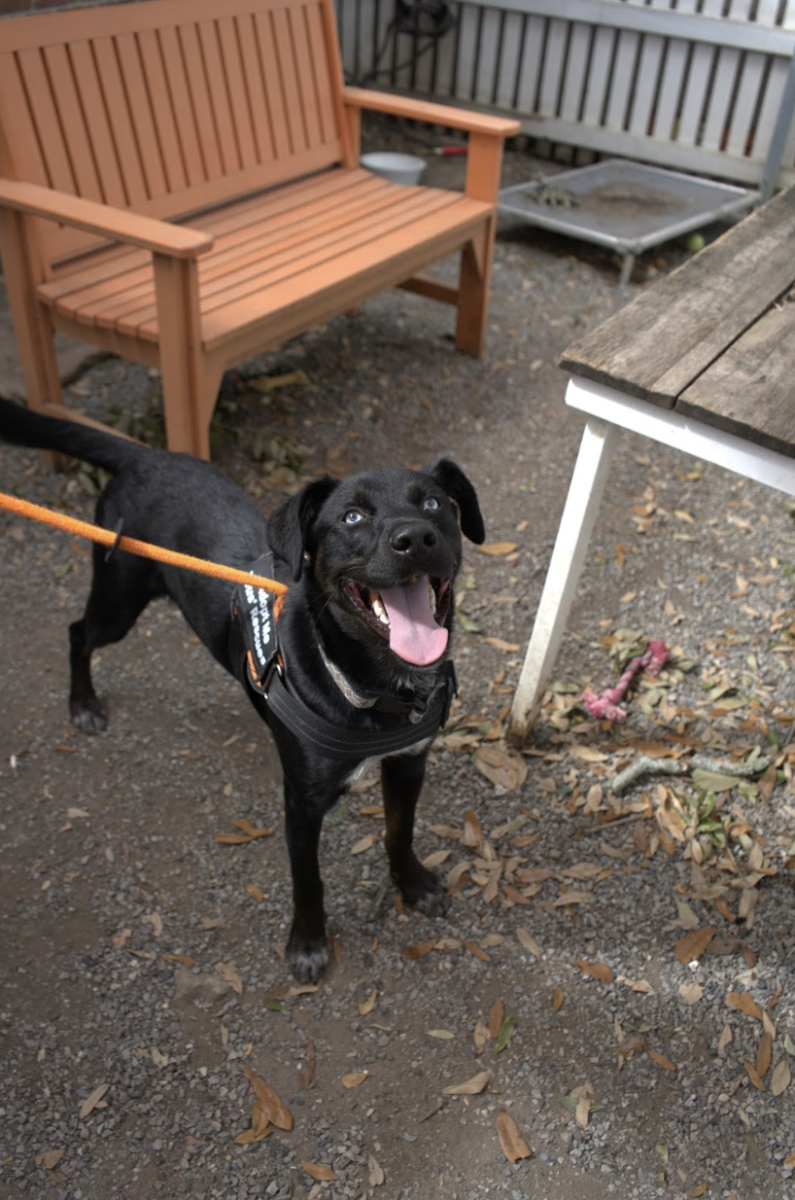To the Editor,
Imagine reliving the lowest point of your life while filling out a college application. Previously incarcerated students are put through this when asked to describe their criminal past. College is said to be the best four years of a person’s life. What about the people who don’t get that chance?
Between 70 to 100 million people in the United States have a criminal history. That is a lot of people who often don’t feel welcome on college campuses. All the public colleges and universities in Louisiana no longer ask about criminal history on initial applications. Why hasn’t Loyola?
When a person is released from prison, they should be allowed to have a better life. Louisiana has one of the highest incarceration rates in the world. Because Loyola is a Louisiana institution and has great Jesuit values, we should be first in line to help people lay the foundation for a better life through education.
“Research shows that when you ask about criminal history, about two-thirds of people with criminal history don’t finish the application,” said Phoenix, executive director of the Jesuit Social Research Institute. “Having the question creates an environment where people feel unwelcome. The ask from ‘ban the box’ is to remove the question from the initial application and move it later in the process.”
“Ban the Box” is a part of the civil rights movement aimed to remove the criminal history question from initial applications to reduce racial disparities in the application process.
While Loyola has yet to ban the box, they have added a prison education program at Rayburn with the help of the JSRI. This program has given dozens of incarcerated people a second chance at life.
“This program gives us, people incarcerated, a sense of hope, accomplishment, something to strive for, and something to look forward to,” said Terry, one of the incarcerated students.
Another student, James, said, “This program is going to change lives and hopefully positively impact society as a whole, by producing educated ex-felons and releasing better, well-rounded people back into the public.”
The Loyola community was very supportive of this program. Maybe this program is a stepping stone to being able to “ban the box” on Loyola’s campus.
“From every level, everyone has been asking me how to support these students and make them feel welcome,” said Dr. Annie Phoenix. “I think this is a tangible way that we can show our students, who are already Loyola students, that they are welcome on this campus. There are many other people out there like them who are also welcome on Loyola’s campus.”
Since Loyola’s core Jesuit values align with helping the oppressed, why not help the most marginally disadvantaged group of people and ban the box?
Sincerely,
Mina Leffler
[email protected]















